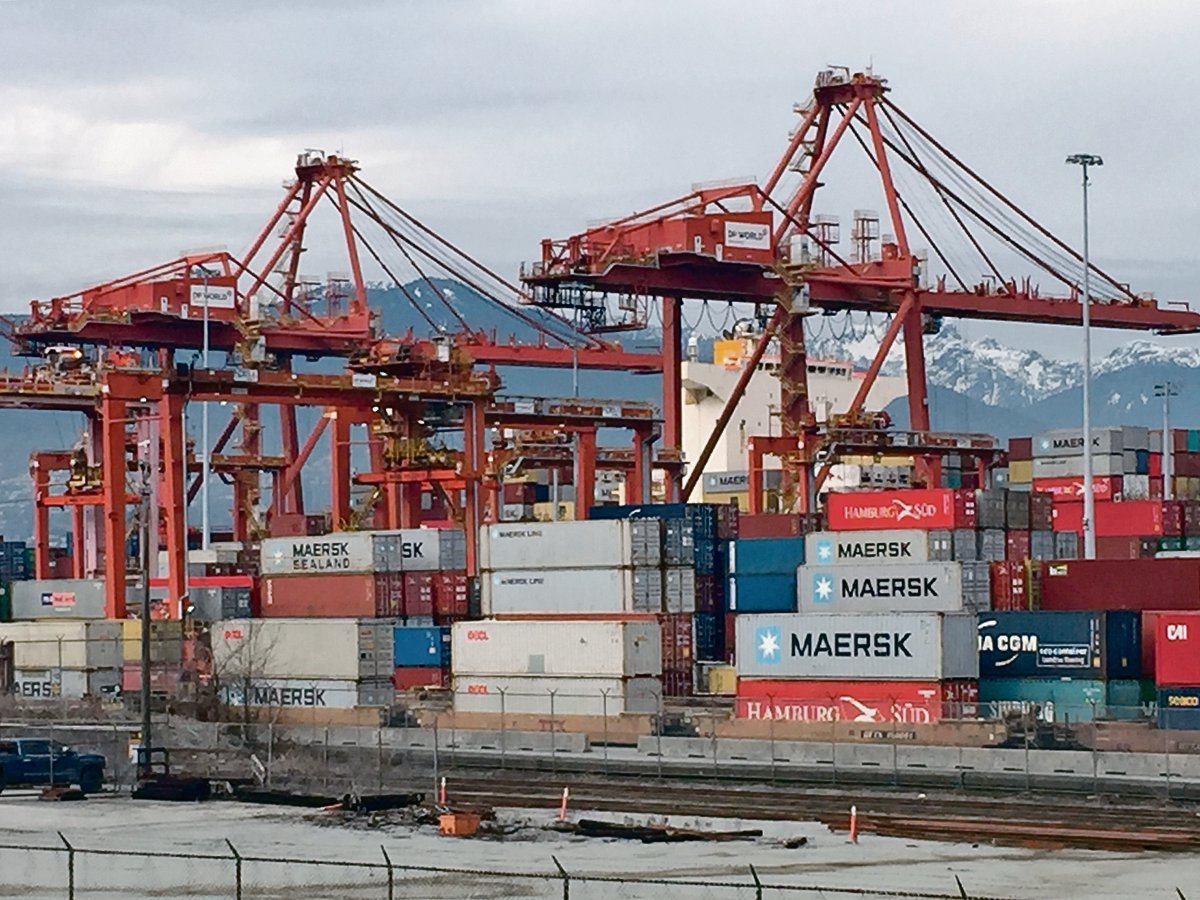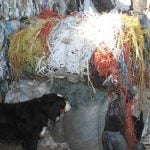Alberta Agriculture saw cuts of $36 million in the April 14 provincial budget, bringing the department’s total funding to $1.1 billion.
Agriculture minister Oneil Carlier said that despite the reductions, agriculture emerged from the NDP’s first budget process in a stable position.
“Overall, this was a fairly status quo budget for agriculture,” he said the day after the budget.
The biggest item on the chopping block was the Alberta Livestock and Meat Agency, an entity formed to identify research projects and innovations in the livestock industry.
Read Also

Message to provincial agriculture ministers: focus on international trade
International trade stakeholders said securing markets in the face of increasing protectionism should be the key priority for Canada’s agriculture ministers.
ALMA had a budget of $25 million last year, which will be reduced to $17 million and administered by the agriculture department.
Carlier said the move is expected to save $3 million a year.
ALMA was one of 26 agencies, boards and commissions across all departments that will be amalgamated. Six of those involve agriculture, said Carlier, among them the Alberta Grains Council, the Agriculture Development Committee, the Alberta Farm Safety Advisory Council and the Agricultural Operation Practices Act Policy Advisor’s Group.
“The two that are probably the most affected are ALMA and the Alberta Grains Council, and the others are already, for lack of a better word, defunct because they have fulfilled their mandate,” said Carlier.
Lynn Jacobson, president of the Alberta Federation of Agriculture, expressed concern about funding cuts to ALMA and about the future of research projects now in the funding and research pipeline.
As for the grains council, “our board has no problem. It was a political board. It was appointed for one purpose and they served their purpose,” said Jacobson.
He said the AFA has greater concerns with the carbon tax and its implications for agriculture. Purple gas and diesel used on farms will be exempt from planned increases in this and subsequent years, but there is no exemption in the budget for natural gas.
Kevin Auch, chair of the Alberta Wheat Commission, said farm inputs such as fertilizer, as well as trucking costs, could rise because companies paying the carbon tax will pass the costs to farmers.
“That’s not the only form of energy that we use,” Auch said about purple gas and diesel.
“If you’re an irrigator, you use either natural gas or electricity.… For wheat farmers, we use quite a bit of fertilizer, which is also an energy intensive product. Also, we should be concerned about getting our stuff to market. Whether it goes by truck or train, if there’s carbon taxes on any of that fuel…. All that stuff together, there’s a potential for some large costs, and those costs are costs that we would pay before we even make any money. Pre-income costs.”
Auch said Carlier has assured the wheat commission that the Alberta Crop Industry Development Fund will be maintained for 2016. The Wildrose party criticized the budget with emphasis on the $10.4 billion deficit with no clear plan for repayment.
Wildrose shadow finance minister Derek Fildebrandt said the budget is “increasing the size of government with over $6.5 billion in irresponsible new spending, imposing the largest tax increase in Alberta’s history and putting Alberta on the edge of a debt cliff.”
Premier Rachel Notley said in a news conference April 15 that Alberta still has the best economic fundamentals in the country and that her government chose to avoid knee-jerk cuts in the face of plunging oil revenue.















